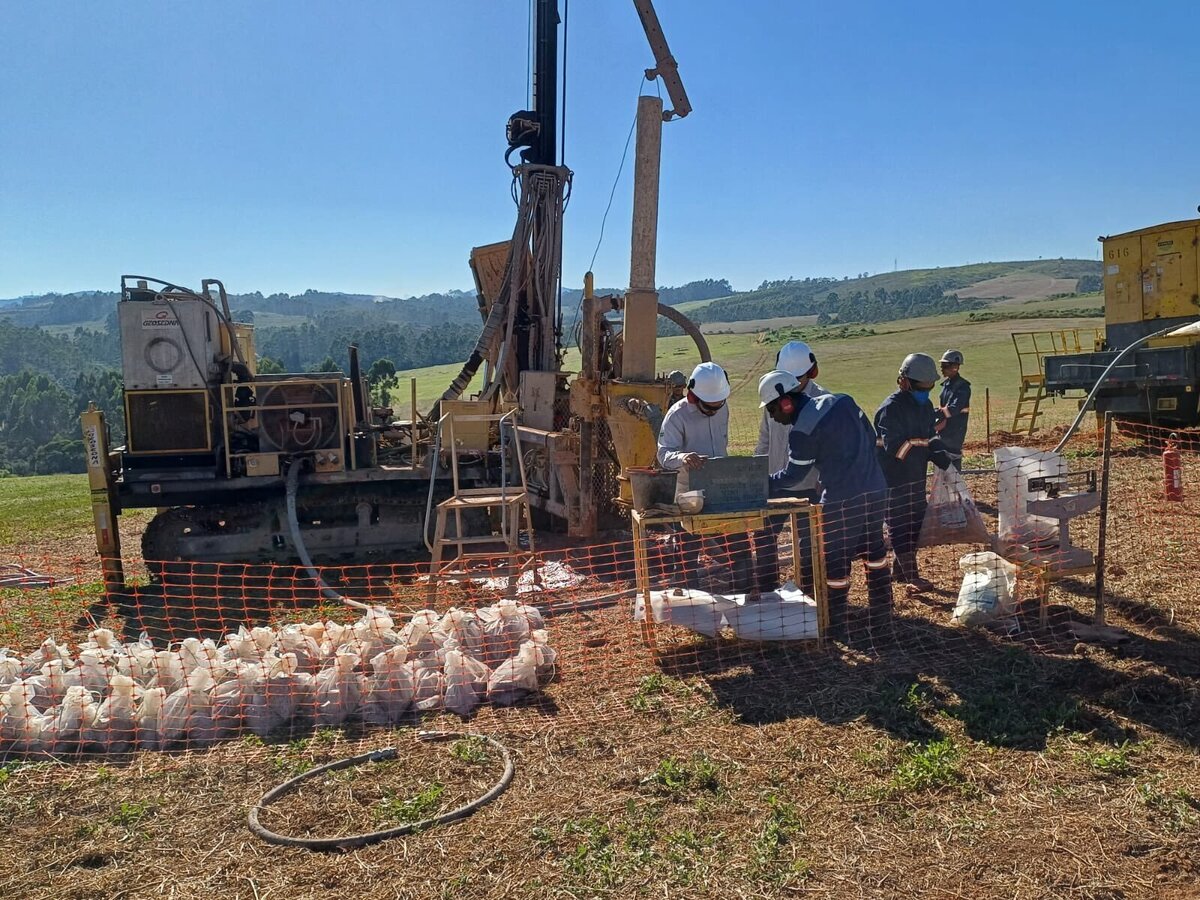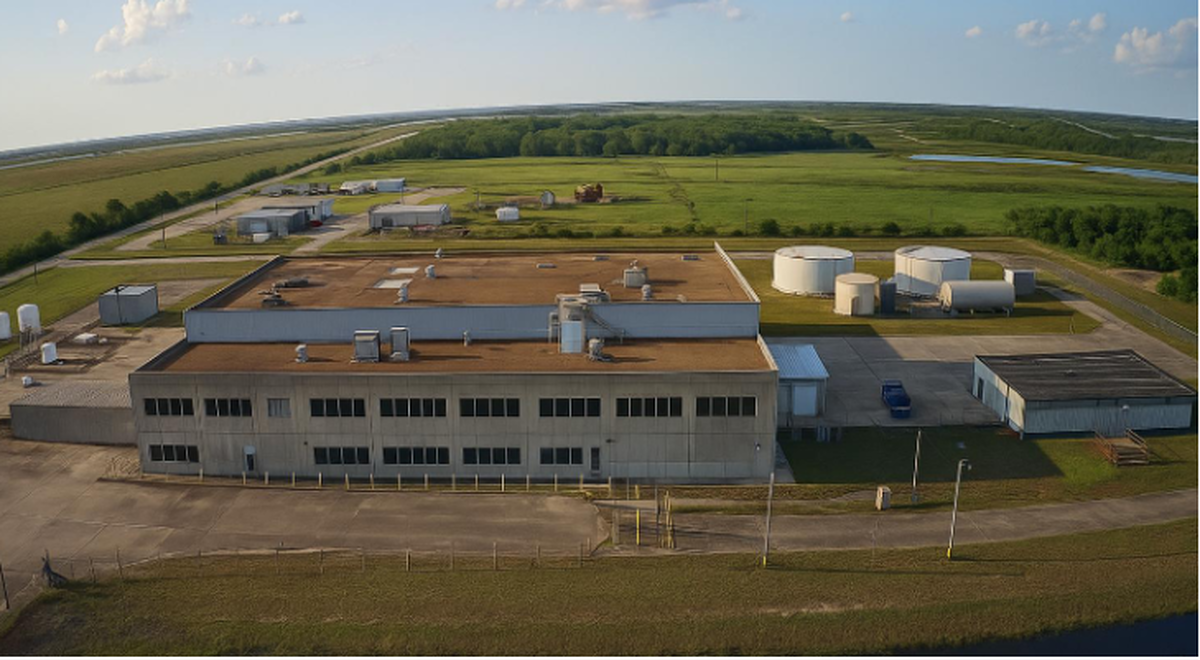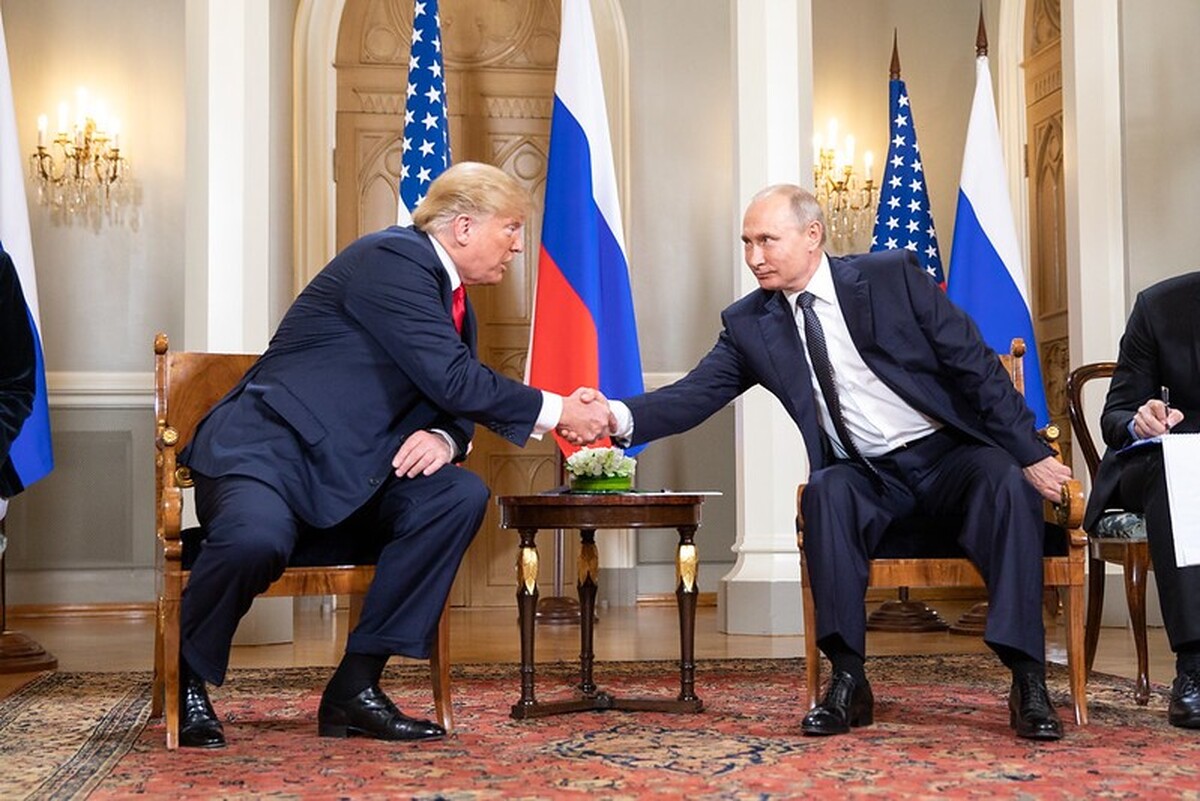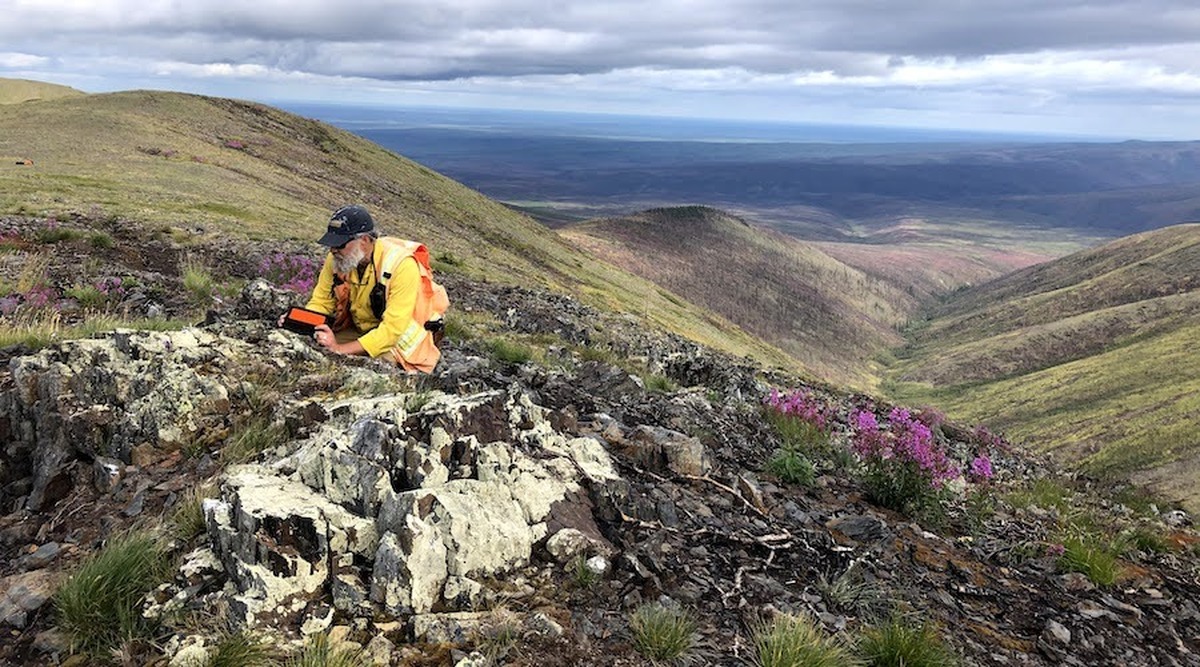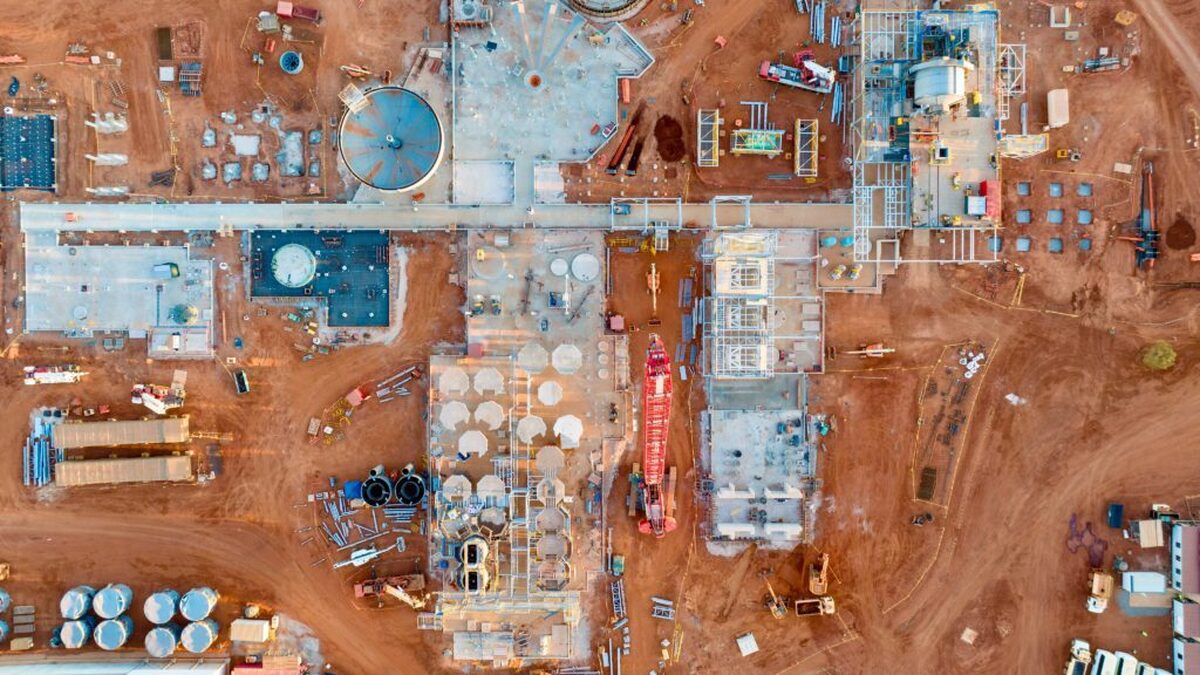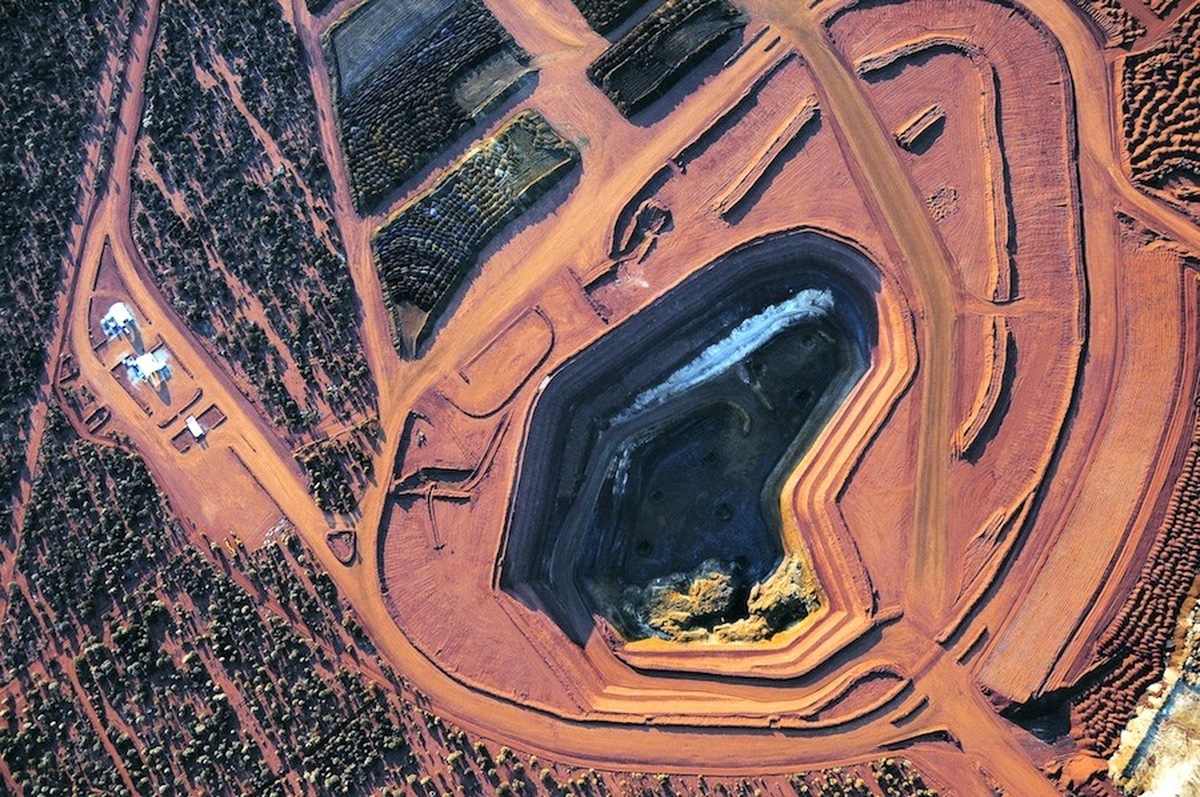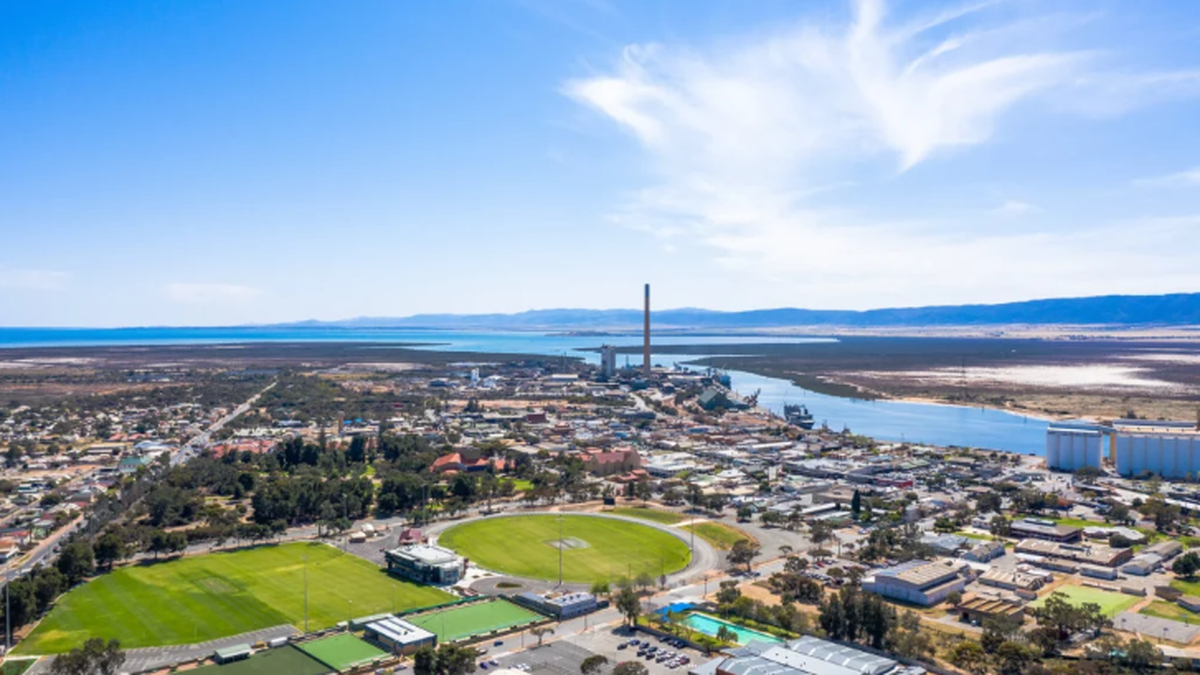
Vulcan Elements enters US rare earth magnet manufacturing race
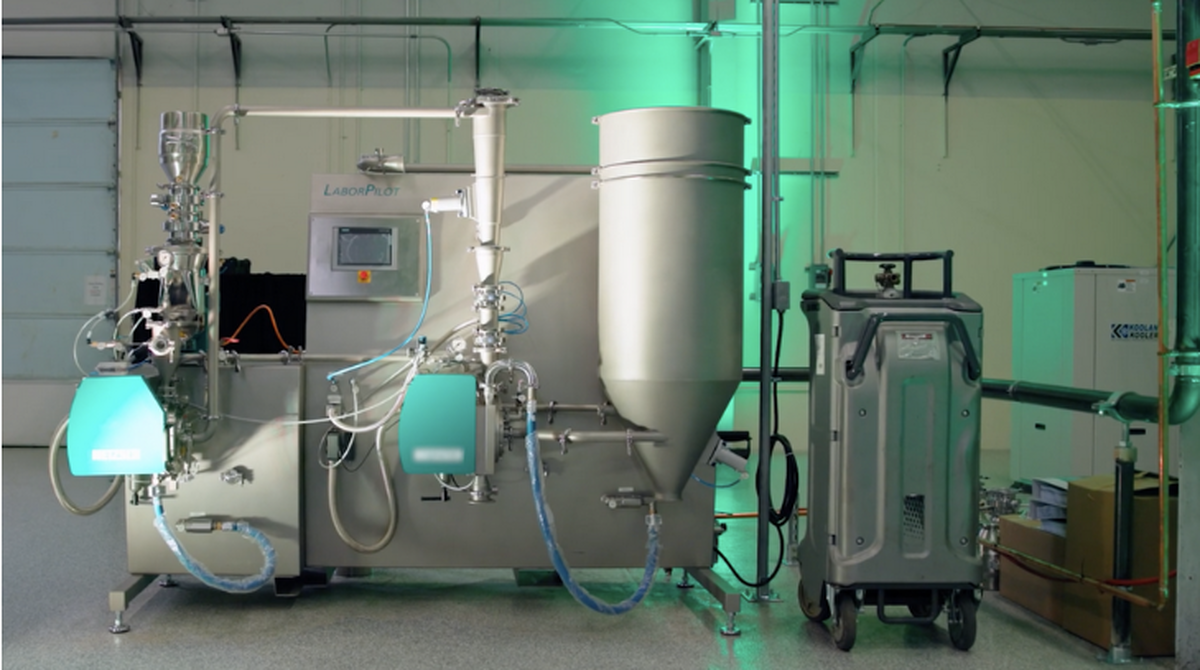
According to me-metals cited from mining.com, Rare earth metals are essential in heavy magnets that power electric vehicles, consumer electronics and military applications, and MP Materials is the only US producer, out of its Mountain Pass mine in California.
While China dominates the global rare earth industry, controlling the vast majority of the world’s rare earth processing and refining capacity, Vulcan Elements’ vision is to provide domestic supply with pricing viable in the US market and beyond.
“This pricing will enable Vulcan to be competitive in global markets,” Vulcan CEO John Maslin told Reuters. “We wanted to make sure the unit economics made sense.”
Last week, the privately-held North Carolina-based start up unveiled it has raised $65 million in Series A funding to scale up its planned buildout of a commercial-scale facility in Durham.
That announcement came only a day after Vulcan posted on its website that its domestic rare earth magnet manufacturing capability won the Advanced Manufacturing Innovation for Maritime Readiness Challenge with support from the US Department of Defense’s Defense Industrial Base Consortium.
Over 400 manufacturing companies competed for the award, but Vulcan has, until now, avoided the spotlight.
“We’ve been fairly quiet intentionally, and that’s because we want to put our money where our mouths are,” Vulcan Elements CEO John Maslin told MINING.com in an interview.
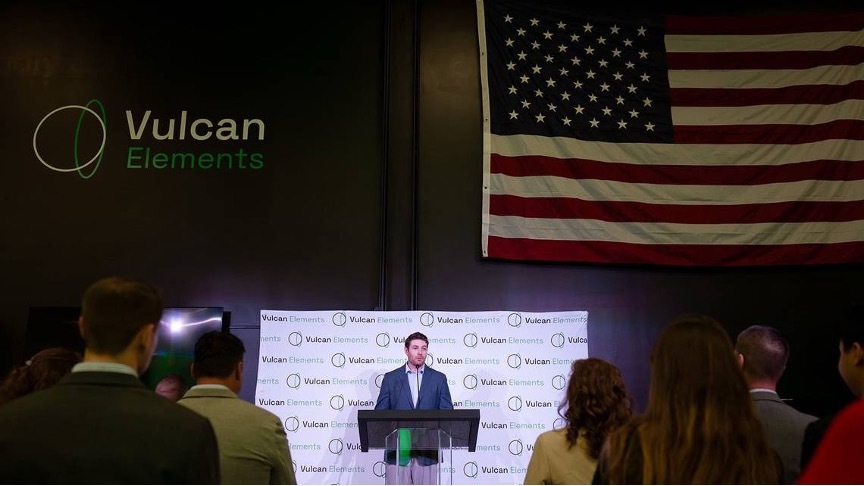
“We want to execute. And now that we’re doing that, we have a lot of additional work to do where we have to execute much further at a much larger scale,” he said. “We want to show and not just tell. So now is the right time.”
The company is specifically producing neodymium iron boron magnets – and boron is a big blind spot in the US market. As with many other critical minerals, efforts are underway to re-shore supply to the US.
Maslin, a former supply chain officer with the Navy’s nuclear energy program, saw the gap working across nuclear shipbuilding and submarine programs.
“My job was effectively working with the government and appropriations and then taking that and helping finance and procure materials and components for nuclear reactors,” Maslin said.
“I was thinking a lot about the critical components that were going to be fundamental, not just for defense, but for critical economic industries, the 21st Century technology race – semiconductors, batteries, rare earth magnets,” Maslin remembered.
“The way that we think about it internally is if you think about your own body, a semiconductor is like your brain, a battery is like your heart, and a rare earth magnet is like your spine. It converts electricity into motion. Everyone was focused on semiconductors and batteries at the time.
“No one was thinking about the third leg of that stool, which is a rare earth magnet. The next generation technologies, either commercially or defense related, drones, data centers that enable AI, robotics, hybrid electric vehicles, et cetera, satellites, aerospace applications, you need all three.”
“But functionally, we knew that China made over 90% of the global supply and that the US made less than 1% and that the demand for these magnets was going exponential, and there needed to be diversity and resiliency in the West.”
Maslin said that all of Vulcan Elements’ materials, whether rare earths or the electrolytic iron or the boron or ferroboron, have traceability down to the mine where that’s coming from, and that feedstock is sourced from US and allied partners.
One of first US rare earth magnetics labs in decades
Maslin met Vulcan’s co-founder, Peter Kulik, who had opened one of the first rare earth magnetics labs in the US in two decades at the University of Central Florida.
“We said, this is a problem that is too important not to address. We went to the Department of Energy, and we validated our own chemistries with their scientists,” Maslin said. “We made several different grades of magnets, then built a pilot facility.”
The plan was to have the plant online by Q1 2025, fully decoupled from China down to the equipment, software, and material level.
“We opened our doors on March 31st of this year,” Maslin said. “It is a blend of defense and commercial across several different verticals and industries. We have started to deliver and qualify magnets with customers. 100% of our material is US or allied. We either get it from recycled end-of-life magnets, or directly from miners in the US and Canada and Australia, parts of Africa, parts of South America. Nothing from an entity of concern.”
The company is now moving to large-scale commercial, doing a multi-state site search.
“We’re going to go to several hundred tons over the next 18 to 24 months. The goal is to have several thousand tons online by the end of this decade,” Maslin said.
Vulcan is currently producing a mix of samples and low-volume production.
“A lot of it right now is qualification, making sure that we’re hitting the grades that we’re actually delivering the products that customers need. We’re at the point where we’re getting to actually do that with our customers who are very eager to have resilience in their supply chain.
“We have a lot of work to do to deliver even higher performing grades – but we’re moving with the speed and seriousness that this mission and this moment need.”
source: mining.com

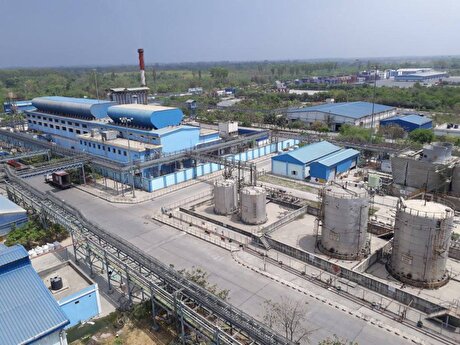
Hindustan Zinc to invest $438 million to build reprocessing plant

Gold price edges up as market awaits Fed minutes, Powell speech

Glencore trader who led ill-fated battery recycling push to exit

UBS lifts 2026 gold forecasts on US macro risks

Roshel, Swebor partner to produce ballistic-grade steel in Canada

Iron ore price dips on China blast furnace cuts, US trade restrictions

EverMetal launches US-based critical metals recycling platform
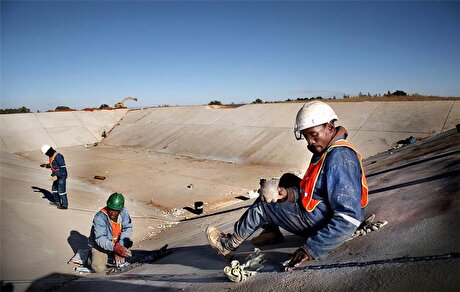
South Africa mining lobby gives draft law feedback with concerns

US hikes steel, aluminum tariffs on imported wind turbines, cranes, railcars

Barrick’s Reko Diq in line for $410M ADB backing

Gold price gains 1% as Powell gives dovish signal

Electra converts debt, launches $30M raise to jumpstart stalled cobalt refinery

Gold boom drives rising costs for Aussie producers
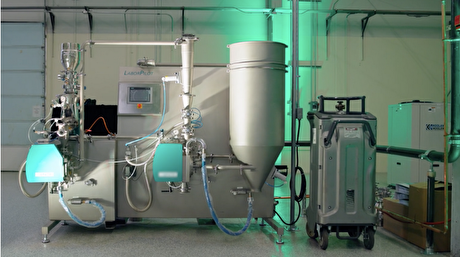
Vulcan Elements enters US rare earth magnet manufacturing race
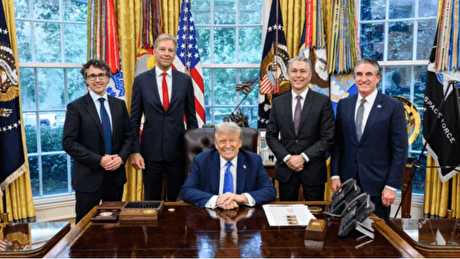
Trump raises stakes over Resolution Copper project with BHP, Rio Tinto CEOs at White House
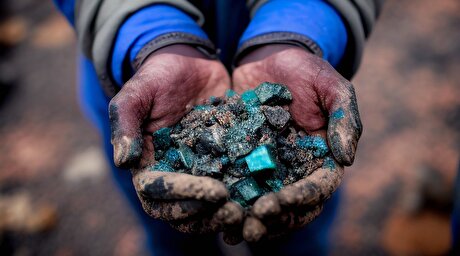
US seeks to stockpile cobalt for first time in decades

Trump weighs using $2 billion in CHIPS Act funding for critical minerals

Nevada army depot to serve as base for first US strategic minerals stockpile

Emirates Global Aluminium unit to exit Guinea after mine seized

Barrick’s Reko Diq in line for $410M ADB backing

Gold price gains 1% as Powell gives dovish signal

Electra converts debt, launches $30M raise to jumpstart stalled cobalt refinery

Gold boom drives rising costs for Aussie producers

Vulcan Elements enters US rare earth magnet manufacturing race

US seeks to stockpile cobalt for first time in decades

Trump weighs using $2 billion in CHIPS Act funding for critical minerals

Nevada army depot to serve as base for first US strategic minerals stockpile

Tailings could meet much of US critical mineral demand – study


